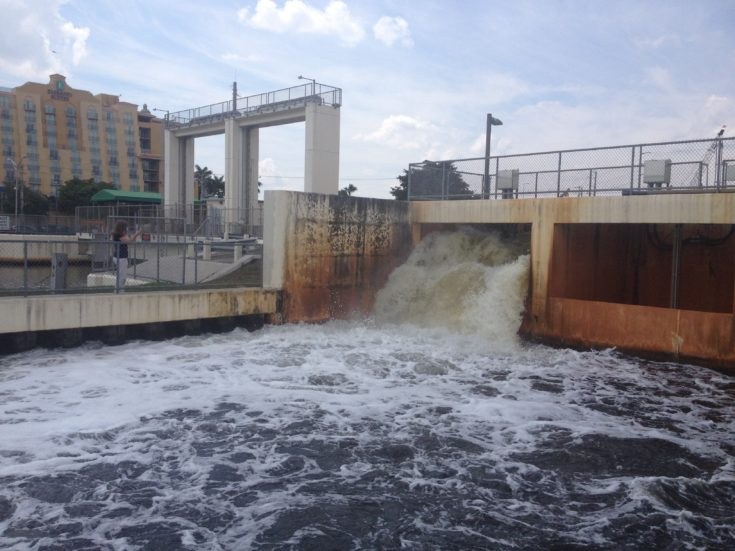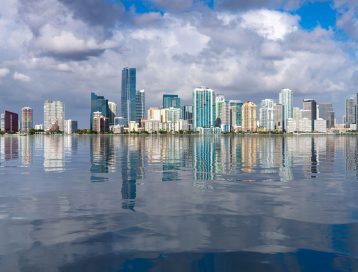Adaptation for flood and drought risks in South Florida
Development of economically efficient and sustainable water management strategies hinges on the assessment of the costs of weather extremes. In particular damages due to floods and droughts and their mitigation, as well as the framework in which the costs for adaptation and the benefits of damage reduction are weighted. The primary challenge is to properly assess and value flood and drought risks (both probabilities and consequences) that may become more costly in the future.
Approach based on award-winning method
Long-term planning horizons require that estimations of potential climate change impacts are included in the assessment. Deltares has based his approach on earlier work for developing robust flood and drought risk management strategies and on the award-winning method for cost-benefit analysis for the Delta Programme in The Netherlands (Franz Edelman Award 2013).

Better decisions for managing water
The methods have been applied to flood and drought risks in South Florida, specifically in Miami Dade County. The proposed work can help to support better decisions for managing water resources in this area, thereby potentially reducing damage and investment costs. The robustness analysis method helps to understand the sensitivity of the water management system to drought under changes in climate and climate variability, and can improve decisions on investment in risk reduction and environmental restoration.
Results
For the drought risk analysis the South Florida Water Management Model has been used to assess the frequency and severity of drought events, and impacts on urban water supply. Next, a System Robustness Analysis was done to assess the performance of the water supply system. Measures that have been considered are: reduction of water demand, local water storage, and additional water supply, in order to reduce water shortage severity. It is shown that from these difference adaptation strategies the strategy for increased storage performs best in terms of reducing impact severity (and sensitivity of the water supply system) in South Florida.
The flood risk analysis has assessed the potential damages from rainfall-related flooding to be considerable. With increased tail-water levels due to sea-level rise, and changing rainfall patterns, flood damages may substantially increase. Adaptation measures, consisting of increasing municipal pump capacities, increasing forward pump capacities, increased impoundment storage, and reduced seepage from the main canal, can help reduce future climate change impacts.
Project partners
The project has three main parties:
- Deltares USA (Lead principal organisation)
- Deltares Netherlands (subcontractor to Deltares USA)
- South Florida Water Management District, Florida (SFMWD)
This project was funded under the NOAA Climate Project Office Climate and Societal Interactions Program (CSI), Sectoral Applications Research Program (SARP), NOAA Grant Number: NA14OAR4310252.
The duration of the project was from August 2014 until July 2016.

